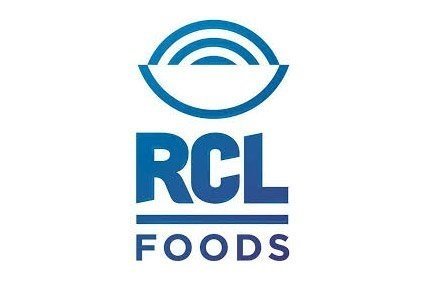
South African food firm RCL Foods has reported a jump in earnings and sales for the full year.
For the period ended 30 June, RCL saw headline earnings from continued operations grow to ZAR964.5m (US$71.9m) from a loss of ZAR332.6m. The comparative results were impacted by exchange losses incurred on Foodcorp’s historic euro denominated debt.

Discover B2B Marketing That Performs
Combine business intelligence and editorial excellence to reach engaged professionals across 36 leading media platforms.
RCL Foods is the former South African poultry firm Rainbow Chicken, which changed its name when it acquired a majority stake in local group Foodcorp, a company behind products from pies to peanut butter, in 2013.
Operating income increased to ZAR1.45bn from ZAR534m.
Revenues rose to ZAR23.4bn from ZAR19.5bn.
The company said its recent acquisitions and strategic restructuring initiatives “have led to a stronger, more diversified business that is geared for growth”. It recently combined its subsidiary businesses operations into specific divisions – consumer or sugar and milling. It said it expected this new structure to yield positive results in 2016.

US Tariffs are shifting - will you react or anticipate?
Don’t let policy changes catch you off guard. Stay proactive with real-time data and expert analysis.
By GlobalDataIn November 2013, RCL acquired local business TSB Sugar as part of its push to diversify its business.
Looking ahead, RCL said the “burden of a constrained market, together with the expectation of rising interest rates, labour demands, electricity disruptio and continuing high unemployment, is expected to hamper any sustainable improvement in consumer spending and subsequently would impact the segments in which it operates”.





